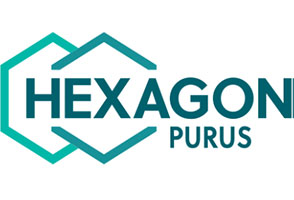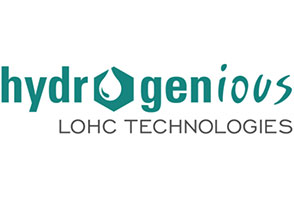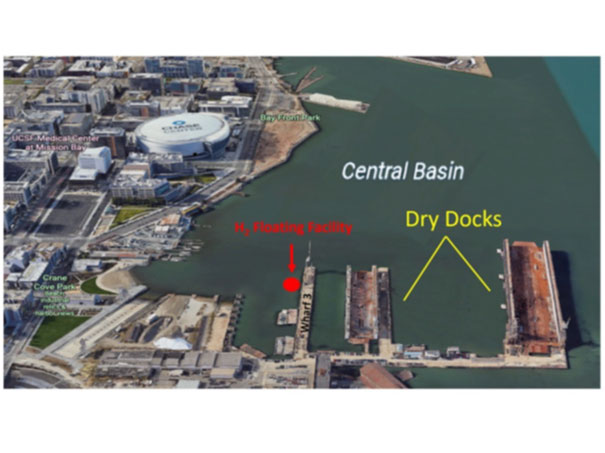

Check our completed projects for real-life examples











These are some of our recently completed hydrogen projects



After 20+ years in the industry helping build hydrogen refueling infrastructure for materials handling, automotive, maritime and heavy duty transportation sectors, we decided to take a different path. We now share our passion by empowering businesses, outfitting them with the tools they need to succeed with their clean energy hydrogen initiatives. Talk to us about how we can empower your business to achieve your zero carbon goals